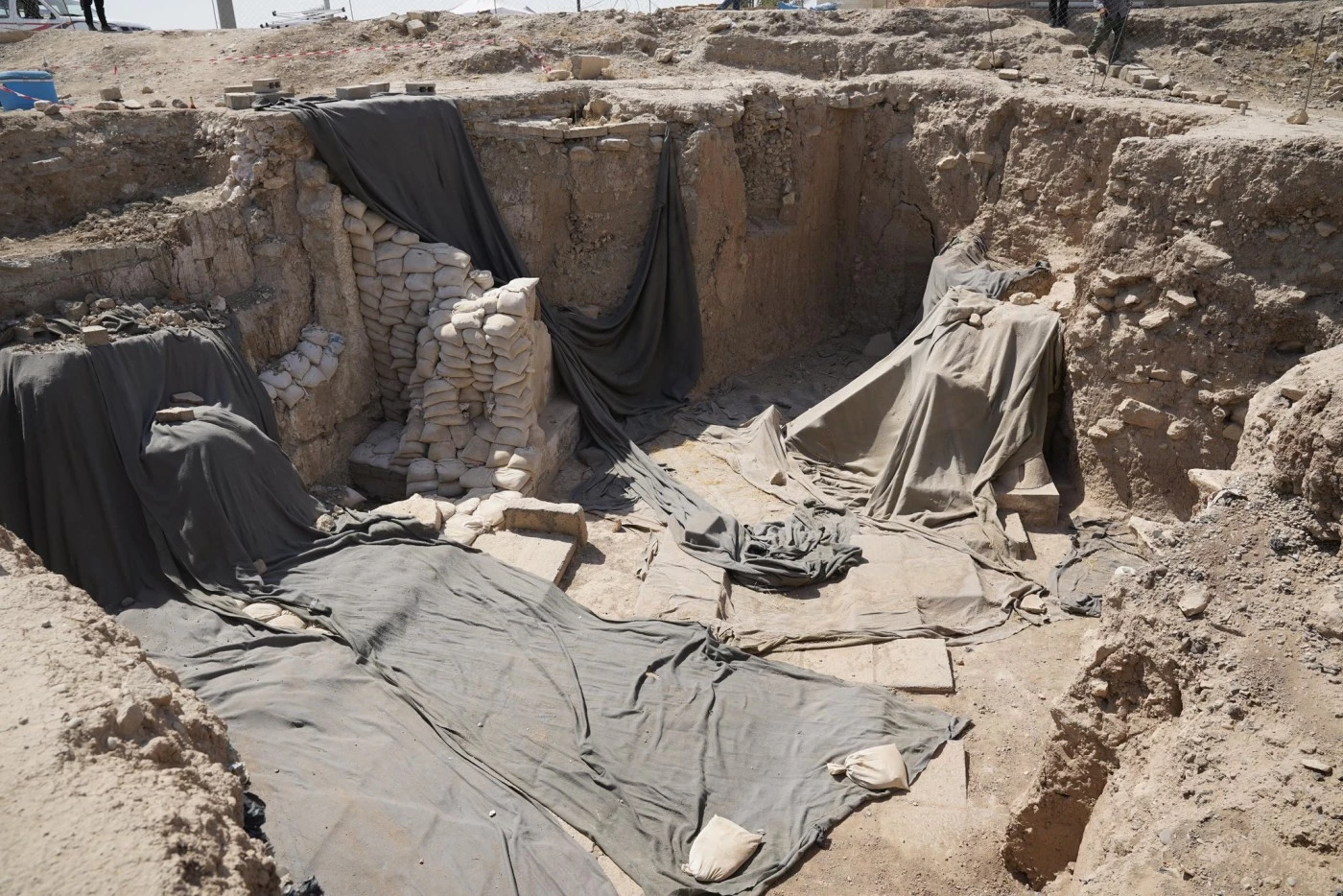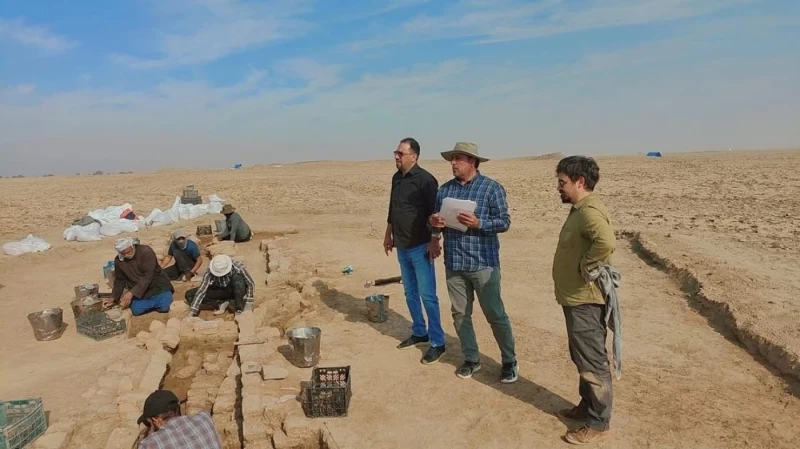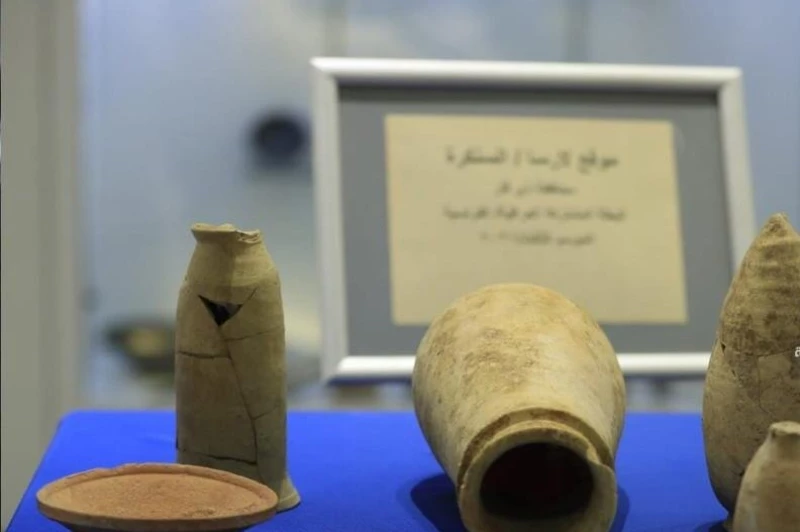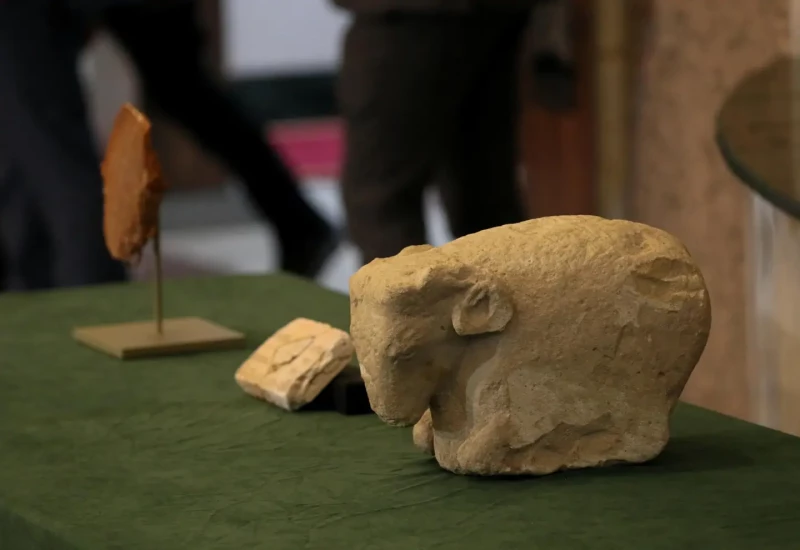ERBIL, Kurdistan Region of Iraq - Iraq's Minister of Culture, Tourism, and Antiquities Ahmed Fakak al-Badrani on Friday announced the discovery of a 6-meter tall winged bull (Lamassu) in Nineveh’s Mosul — the largest in the history of the Assyrian state.
“Excavation teams were able to discover the largest winged bull in the history of the Assyrian state, and this discovery, which measures about 6 meters in height, is of great archaeological and historical value,” the minister told state media.
The Lamassu was found inside the royal hall of Assyrian King Esarhaddon's palace at the Tel al-Nabi Yunus site in Mosul.
Ruwaid Muwaffaq, Nineveh Antiquities and Heritage inspector, said that the antiquities authority, in cooperation with the German Heidelberg University and the Ministry of Culture, seeks to “establish a museum that will be available to visitors, with the aim of connecting Assyrian antiquities with Islamic heritage at the al-Nabi Yunus mosque, and the plans will be announced soon."
Muwaffaq told state media “one of the bulls (Lamassus) was found in the 1990s on the left side of the palace, while current excavations have resulted in finding the second winged bull,” asserting that the discovery will “enhance the tourist and archaeological status of the site.”
The discovery comes amidst the ministry’s ongoing efforts to retrieve and preserve Iraq’s historic artifacts in order to safeguard national history and boost tourism.
At the height of its power, the Islamic State (ISIS) destroyed and defaced cultural heritage sites across Iraq in a vicious campaign targeting pre-Islamic relics, an act declared as a war crime by UNESCO, which launched initiatives such as the "Revive the Spirit of Mosul" aimed at reconstructing the destroyed sites and artifacts.
Iraq has also attempted to recover its artifacts from the US and European countries. In the past decade, around 23,000 artifacts belonging to Sumerian and Babylonian civilizations were returned to the country.
Reporting by Hevi Karam



 Facebook
Facebook
 LinkedIn
LinkedIn
 Telegram
Telegram
 X
X


